Among the following compounds, which will not repond to cannizzaro's reaction, upon treatement with alkali?
Cl3CCHO
Me3CCHO
C6H5CHO
HCHO
The correct Answer is:A
To determine which compound among the given options will not respond to Cannizzaro's reaction upon treatment with alkali, we need to understand the conditions required for this reaction to occur.
1. Understanding Cannizzaro's Reaction:
- Cannizzaro's reaction occurs with aldehydes that do not have alpha-hydrogen atoms. This reaction involves the disproportionation of the aldehyde in the presence of a strong base, leading to the formation of an alcohol and a carboxylic acid.
2. Identifying Alpha-Hydrogens:
- An alpha-hydrogen is a hydrogen atom that is attached to the carbon atom adjacent to the carbonyl group (C=O). For Cannizzaro's reaction to occur, the aldehyde must lack these alpha-hydrogens.
3. Analyzing the Given Compounds:
- Let's consider the compounds provided (assuming they are typical examples):
- CCHO (Acetaldehyde): This compound has alpha-hydrogens and can undergo Cannizzaro's reaction.
- HCHO (Formaldehyde): This compound also has alpha-hydrogens but can undergo Cannizzaro's reaction because it is a special case.
- Cl3CCHO (Trichloroacetaldehyde): This compound does not have any alpha-hydrogens because the carbon adjacent to the carbonyl is fully substituted with chlorine atoms.
4. Conclusion:
- Among the compounds listed, Cl3CCHO (Trichloroacetaldehyde) will not respond to Cannizzaro's reaction because it lacks alpha-hydrogens. Therefore, it cannot participate in the reaction.
Final Answer:
The compound that will not respond to Cannizzaro's reaction upon treatment with alkali is Cl3CCHO (Trichloroacetaldehyde).
---
- Cannizzaro's reaction occurs with aldehydes that do not have alpha-hydrogen atoms. This reaction involves the disproportionation of the aldehyde in the presence of a strong base, leading to the formation of an alcohol and a carboxylic acid.
- An alpha-hydrogen is a hydrogen atom that is attached to the carbon atom adjacent to the carbonyl group (C=O). For Cannizzaro's reaction to occur, the aldehyde must lack these alpha-hydrogens.
- Let's consider the compounds provided (assuming they are typical examples):
- CCHO (Acetaldehyde): This compound has alpha-hydrogens and can undergo Cannizzaro's reaction.
- HCHO (Formaldehyde): This compound also has alpha-hydrogens but can undergo Cannizzaro's reaction because it is a special case.
- Cl3CCHO (Trichloroacetaldehyde): This compound does not have any alpha-hydrogens because the carbon adjacent to the carbonyl is fully substituted with chlorine atoms.
- Among the compounds listed, Cl3CCHO (Trichloroacetaldehyde) will not respond to Cannizzaro's reaction because it lacks alpha-hydrogens. Therefore, it cannot participate in the reaction.
The compound that will not respond to Cannizzaro's reaction upon treatment with alkali is Cl3CCHO (Trichloroacetaldehyde).
Similar Questions
Knowledge Check
Among the following compounds which is strongest acid
A B
B C
C D
D
Among the following compounds which is strongest acid
A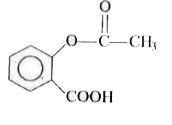 B
B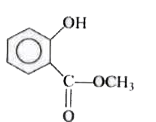 C
C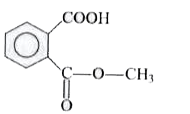 D
D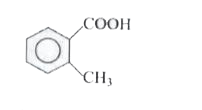
Among the following compounds which is strongest acid
A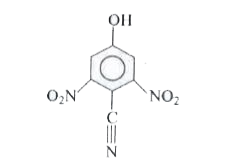 B
B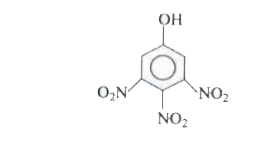 C
C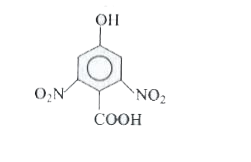 D
D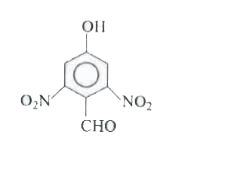
Write true or false. Acetaldehyde undergoes Cannizzaro's reaction on treatment with dilute alkali.
View SolutionAmong the following compounds which is strongest acid
View SolutionAmong the following compounds which is strongest acid
View SolutionAmong the following compounds which is strongest acid
View SolutionWhich of the following compounds will undergo Cannizzaro reaction ?
View Solution
